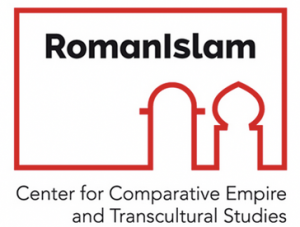RomanIslam Resident fellowships
‘Architecture and Materials of Prestige’
The fellowship program is one of the central components of the RomanIslam Center for Comparative Empire and Transcultural Studies. The Center brings together scholars from a wide range of disciplines working on Romanization and Islamication in Late Antiquity with a focus but not exclusively on the Iberian Peninsula and North Africa during the first millennium CE. The overall aim of the Center is to explore new approaches to Romanization and Islamication in this period and to set the scholarly debate in the field on a new footing. It offers a flexible curriculum that allows internationally established scholars, as well as aspiring junior researchers, to participate for extended or shorter periods of time. The individual research projects presented by the fellows contribute to the comprehensive framework of the RomanIslam Center.
Fellowships are available for scholars at all stages of their academic career who have completed their doctoral degree and established an independent research profile. Applicants should be engaged in a research project in any relevant discipline that is related to the Center’s interests in Romanization and Islamication in the period and area in question. The Center also welcomes applications from scholars working on comparative empire and transcultural studies in a broader historical (or contemporary) perspective whose research has a strong focus on theoretical and methodological issues.
Fellows are required to reside in Hamburg, where they pursue their own research project while also participating in the colloquia held at the Center. For the duration of their stay fellows receive a remuneration covering accommodation, travel, and living expenses in accordance with their needs and the pertinent regulations of Hamburg University and the DFG.
Fellowships for the Academic Year 2021/2022: CALL FOR APPLICATIONS


